Pasadena Council on Alcohol and Drug Dependency

Overview
Pasadena Council on Alcohol and Drug Dependency is an substance abuse treatment center that provides outpatient detoxification, for men and women from 18+ years of age. As part of their special programs, Pasadena Council on Alcohol and Drug Dependency To help patients achieve sobriety, Pasadena Council on Alcohol and Drug Dependency provides intake assessments. Afterward, patients receive 12-step facilitation, group counseling, and individual psychotherapy during treatment. Pasadena Council on Alcohol and Drug Dependency is located in Pasadena, California, providing treatment for people in Los Angeles County, accepting medicaid, private health insurance, and cash or self-payment.
Pasadena Council on Alcohol and Drug Dependency at a Glance
Payment Options
- Medicaid
- Private health insurance
- Cash or self-payment
- State-financed health insurance plan other than Medicaid
- Payment assistance (check with facility for details)
Assessments
- Comprehensive mental health assessment
- Comprehensive substance use assessment
Age Groups
- Adults
- Children/adolescents
- Young adults
Operation
- Private for-profit organization
Highlights About Pasadena Council on Alcohol and Drug Dependency
6.56/10
With an overall rating of 6.56/10, this facility has the following balanced range of services. Alcohol Rehabilitation: 8.00/10, Treatment Options: 6.24/10, Drug Rehab and Detox: 6.00/10, Insurance and Payments: 6.00/10.-
Alcohol Rehabilitation 8.00
-
Treatment Options 6.24
-
Drug Rehab and Detox 6.00
-
Insurance and Payments 6.00
Treatment At Pasadena Council on Alcohol and Drug Dependency
Treatment Conditions
- Mental health treatment
- Alcoholism
- Opioid Addiction
- Substance use treatment
- Co-occurring Disorders
Care Levels
- Intensive outpatient treatment
- Detoxification
- Aftercare
- Outpatient
Treatment Modalities
- 12-step facilitation
- Group counseling
- Individual psychotherapy
Get Help Now
Common Questions About Pasadena Council on Alcohol and Drug Dependency
Contact Information
Other Facilities in Pasadena

6.65
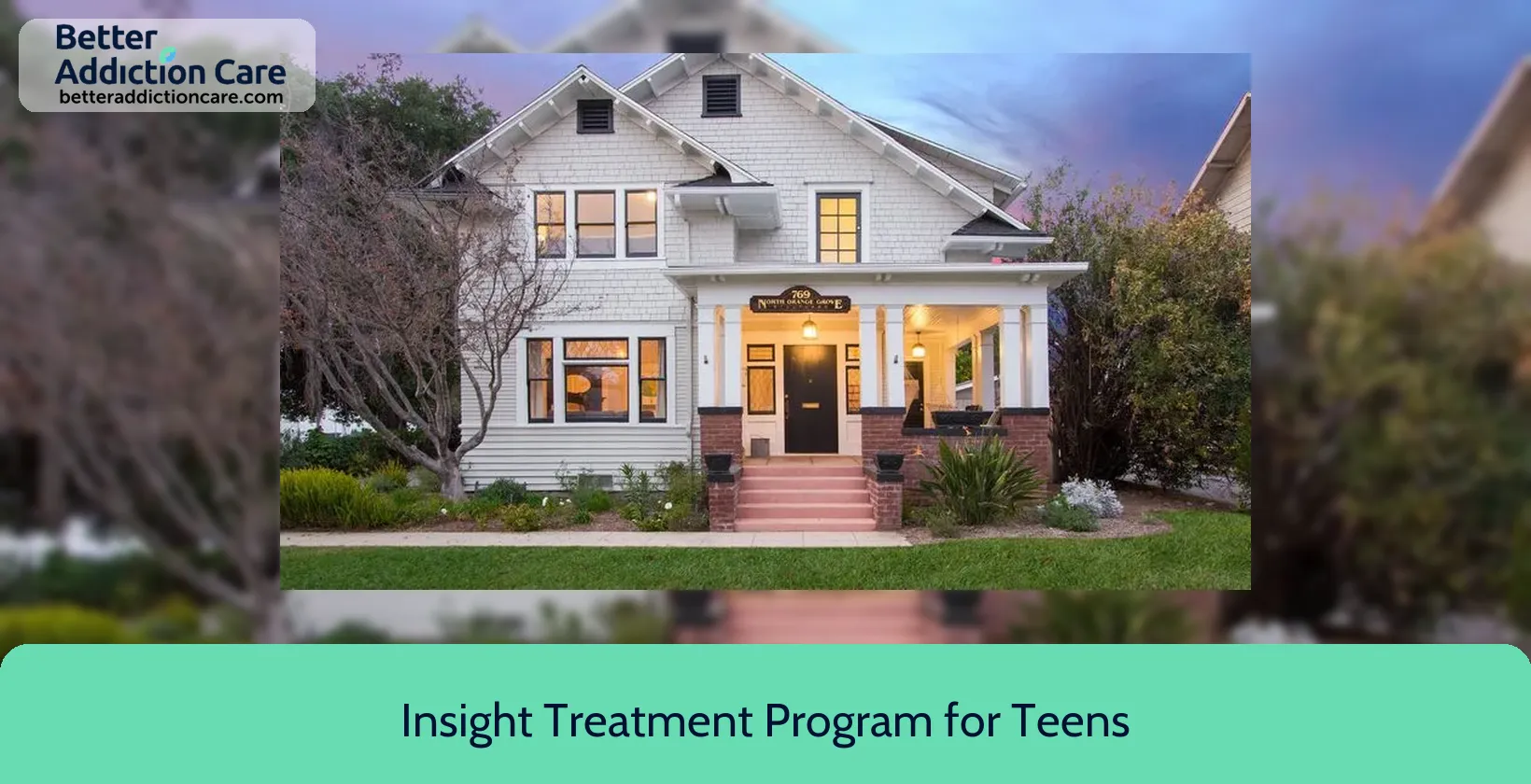
6.62
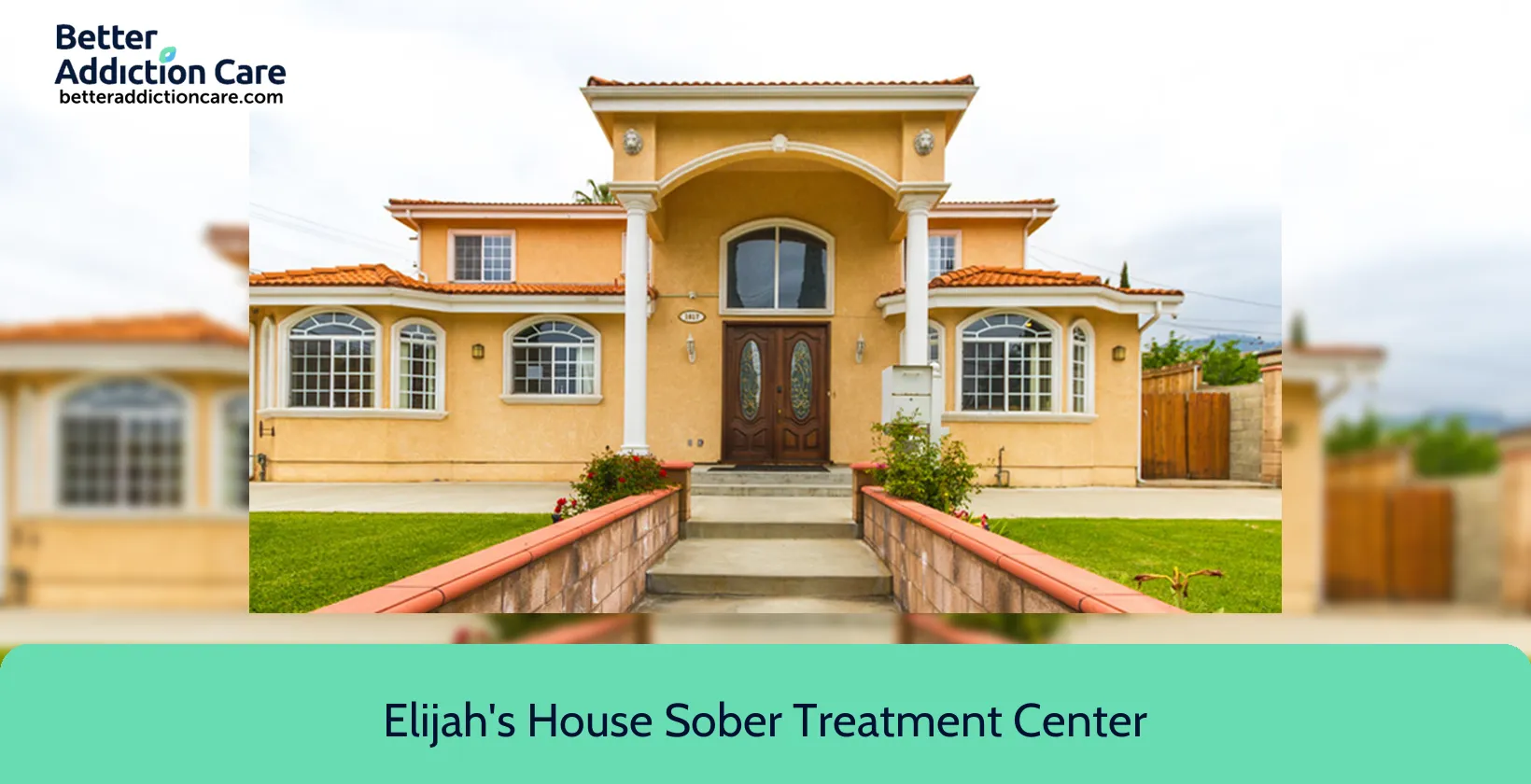
6.65
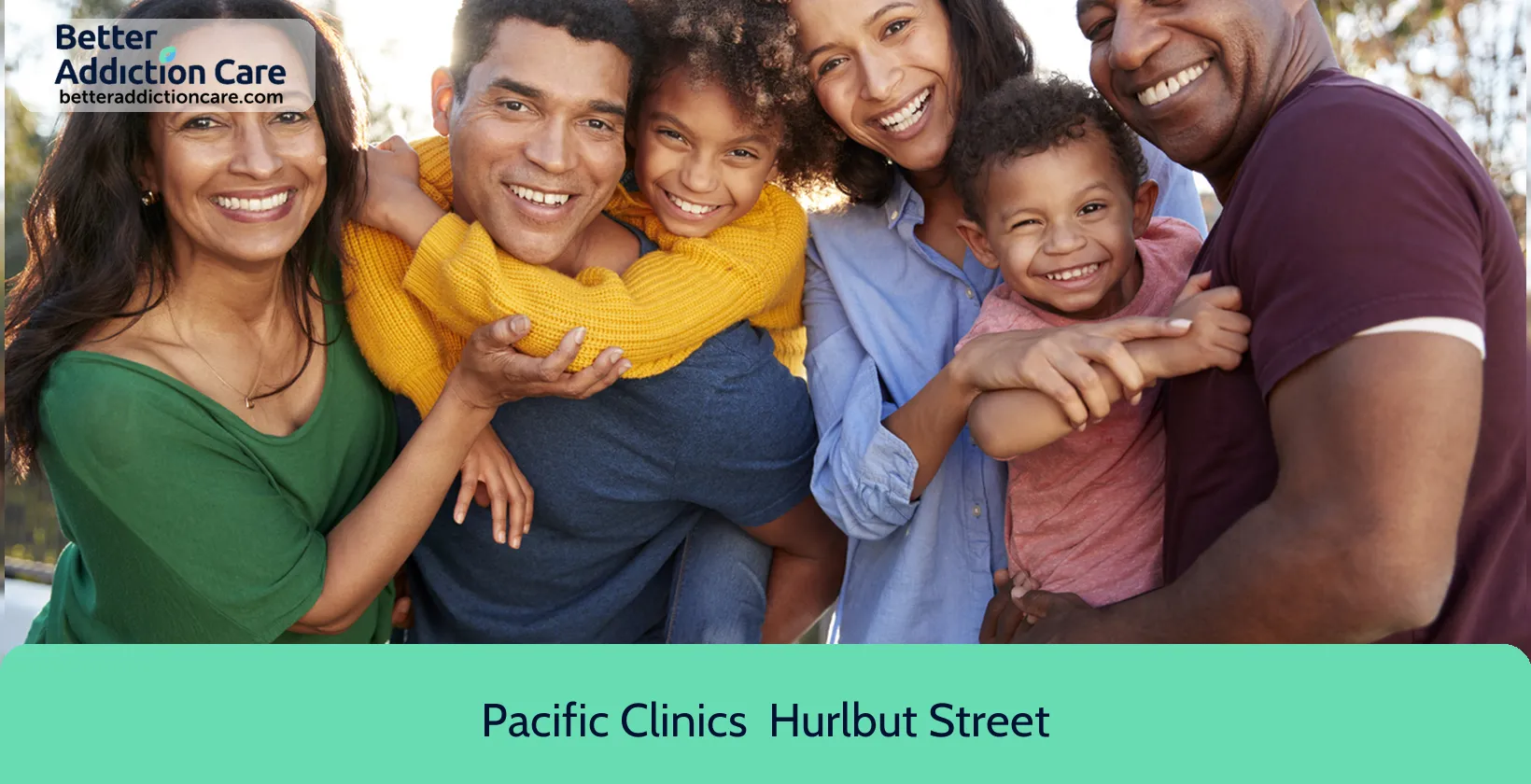
6.62

6.71
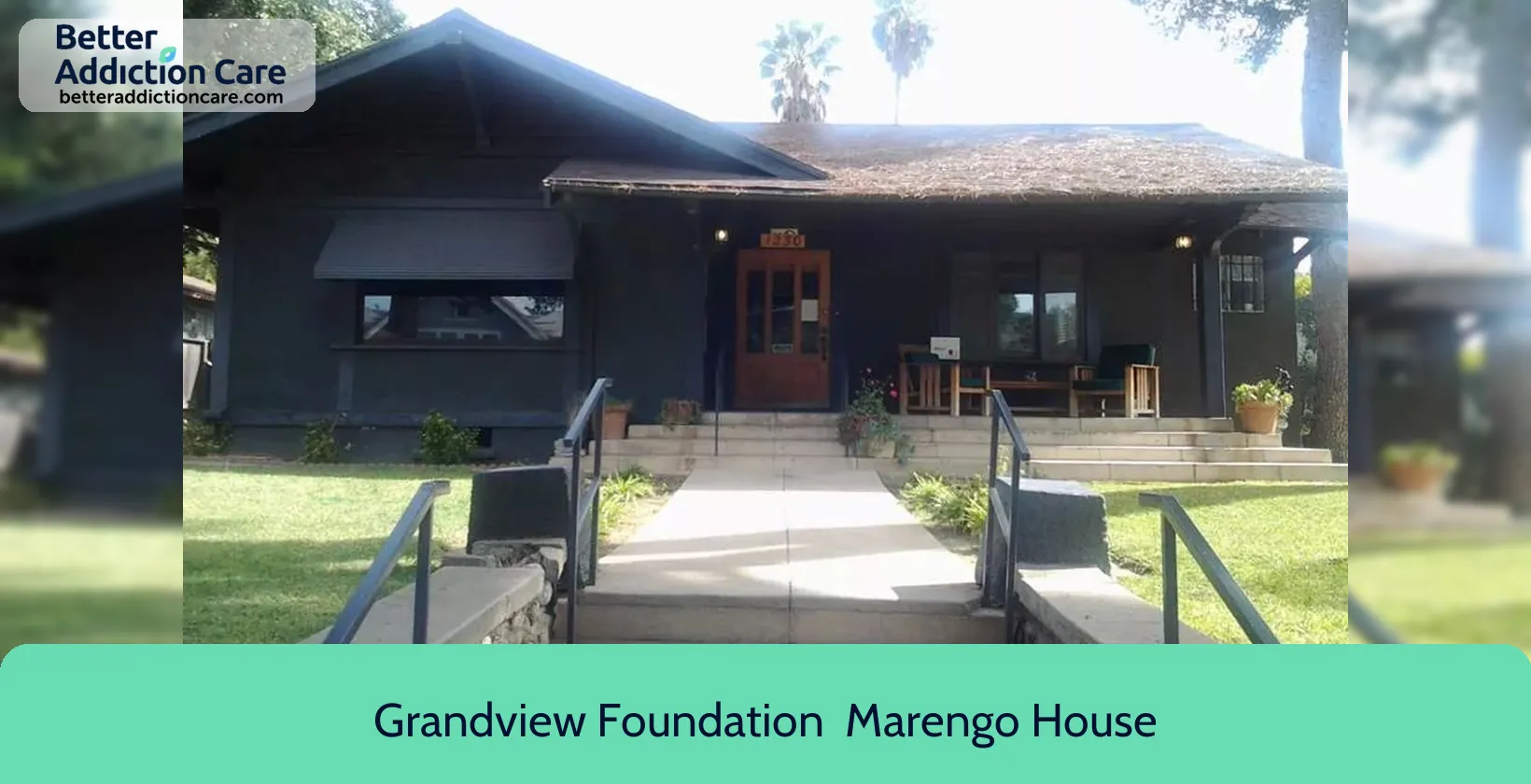
6.71
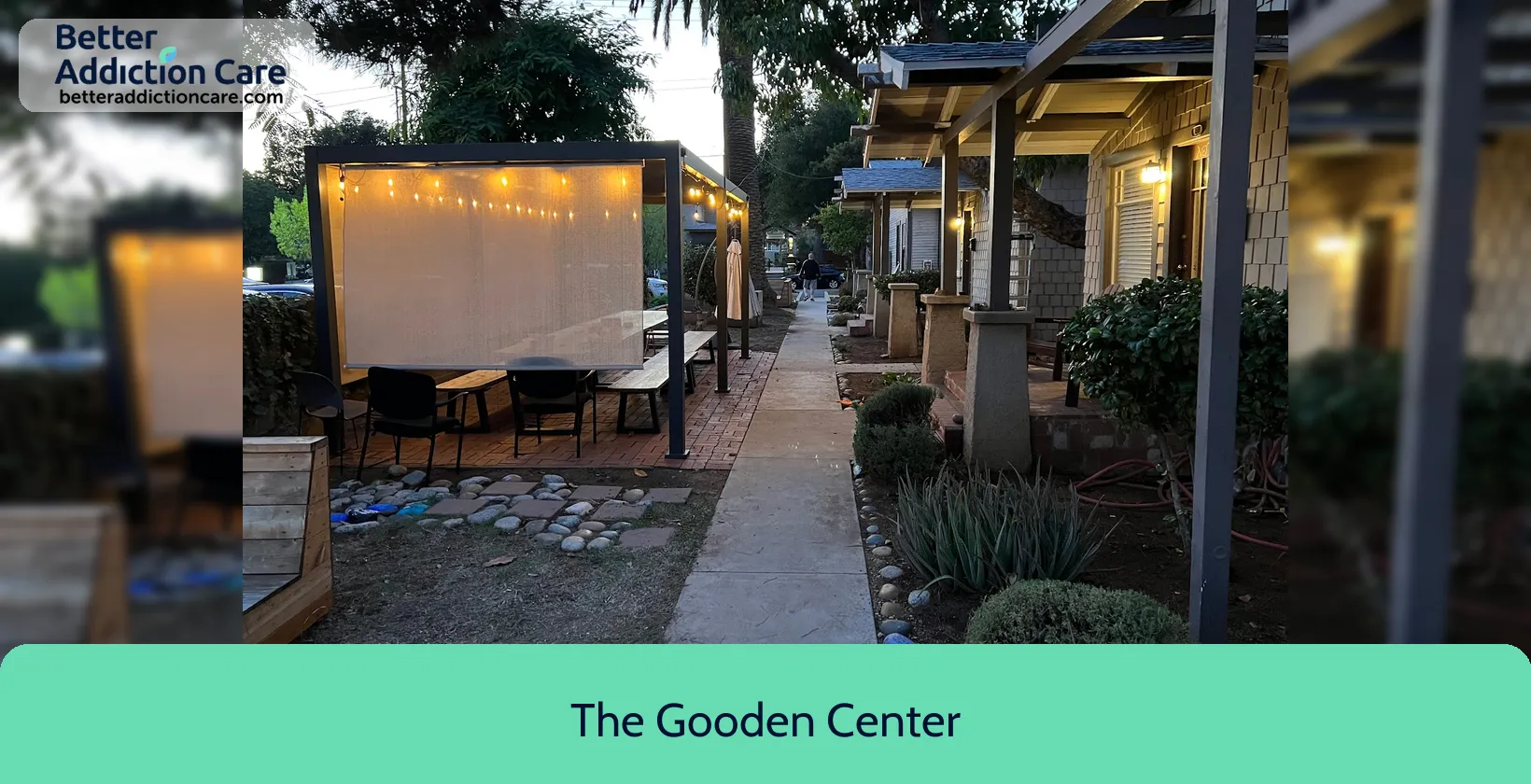
6.86
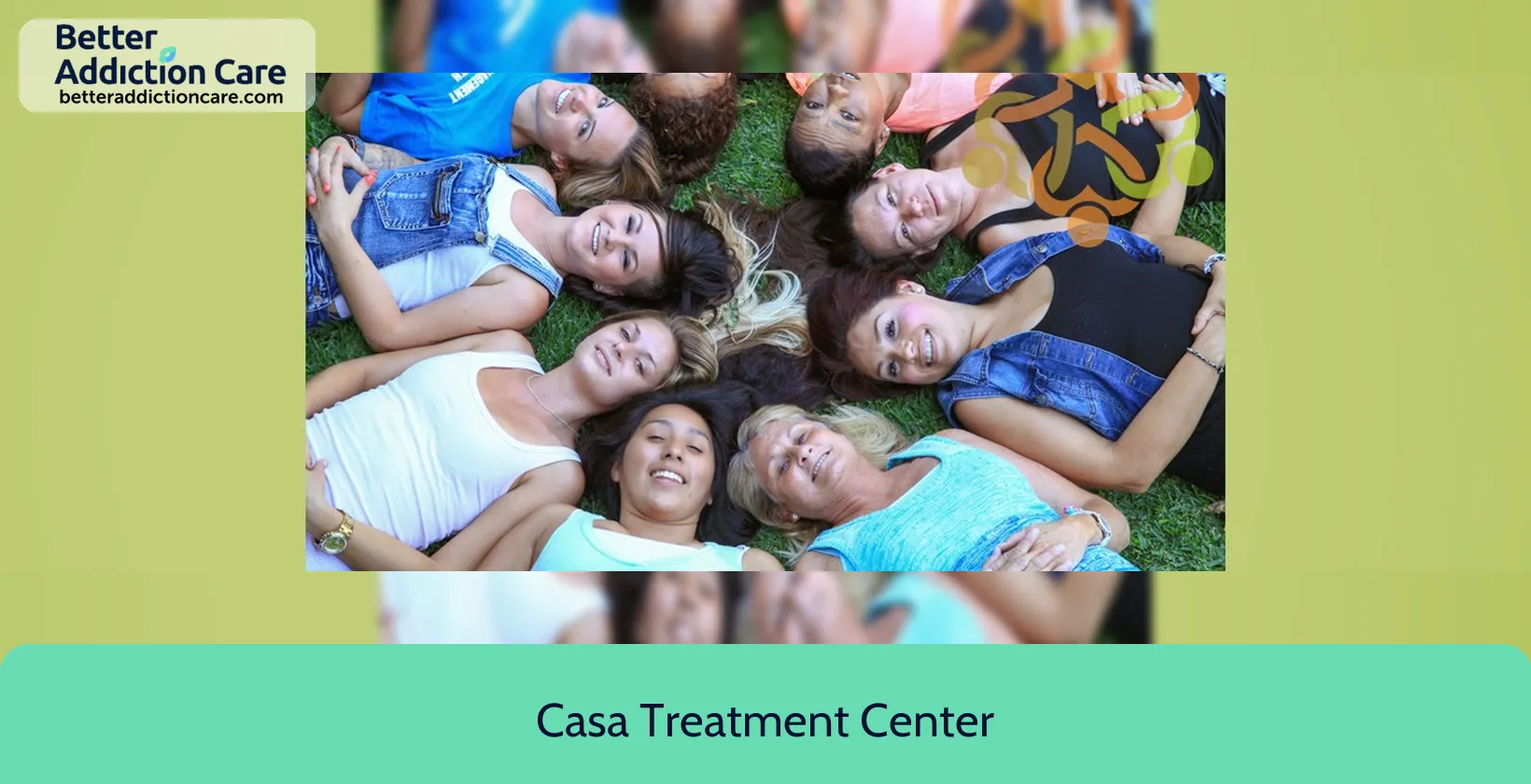
6.83
DISCLAIMER: The facility name, logo and brand are the property and registered trademarks of Casa Treatment Center, and are being used for identification and informational purposes only. Use of these names, logos and brands shall not imply endorsement. BetterAddictionCare.com is not affiliated with or sponsored by Casa Treatment Center.
